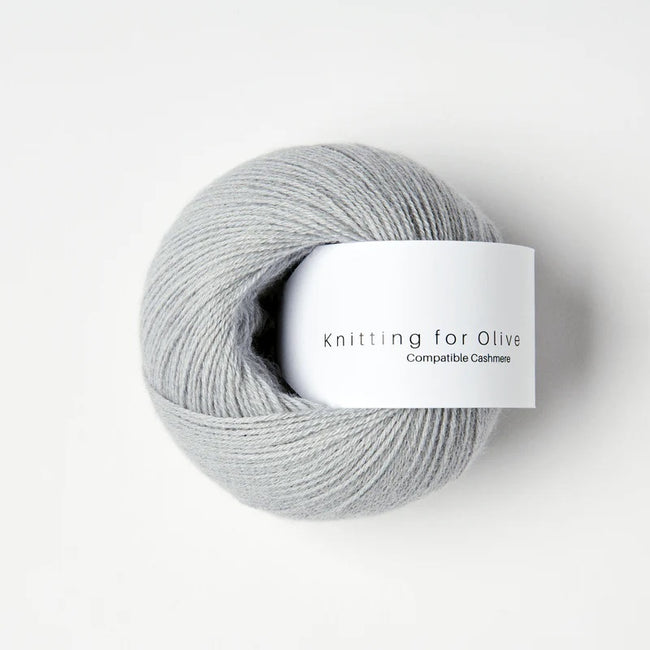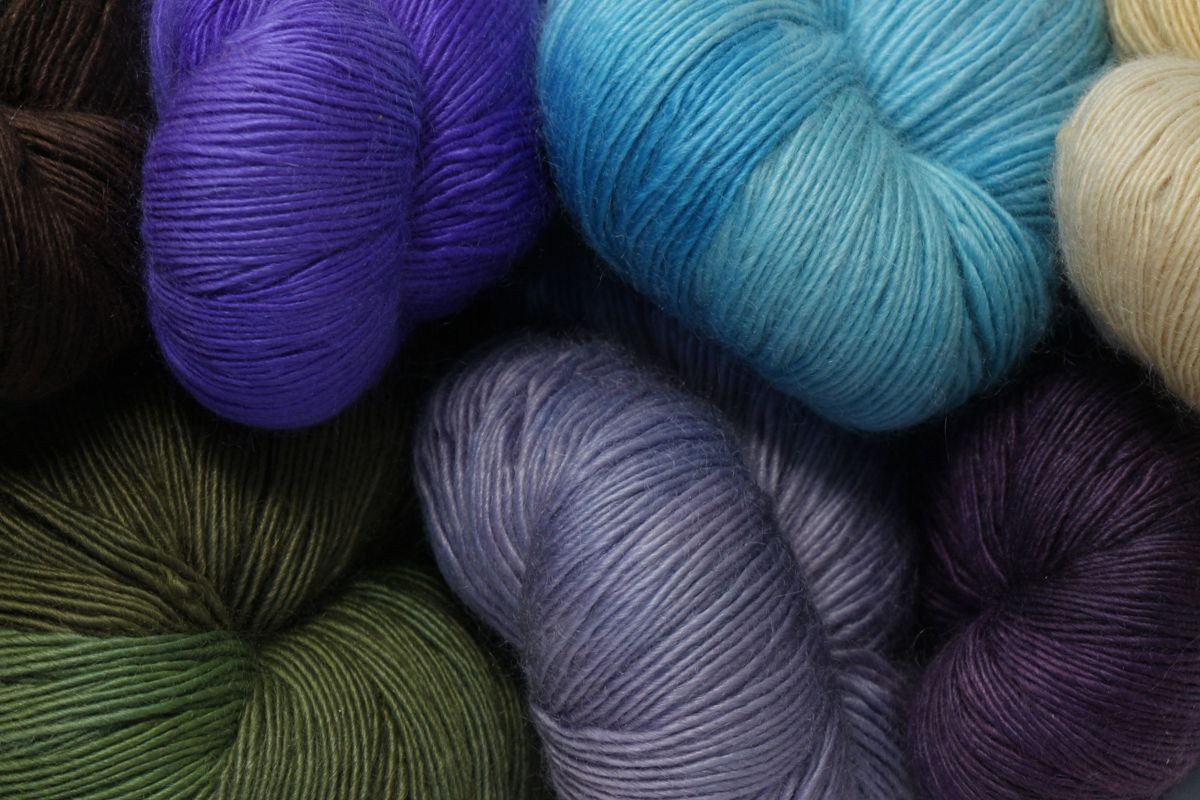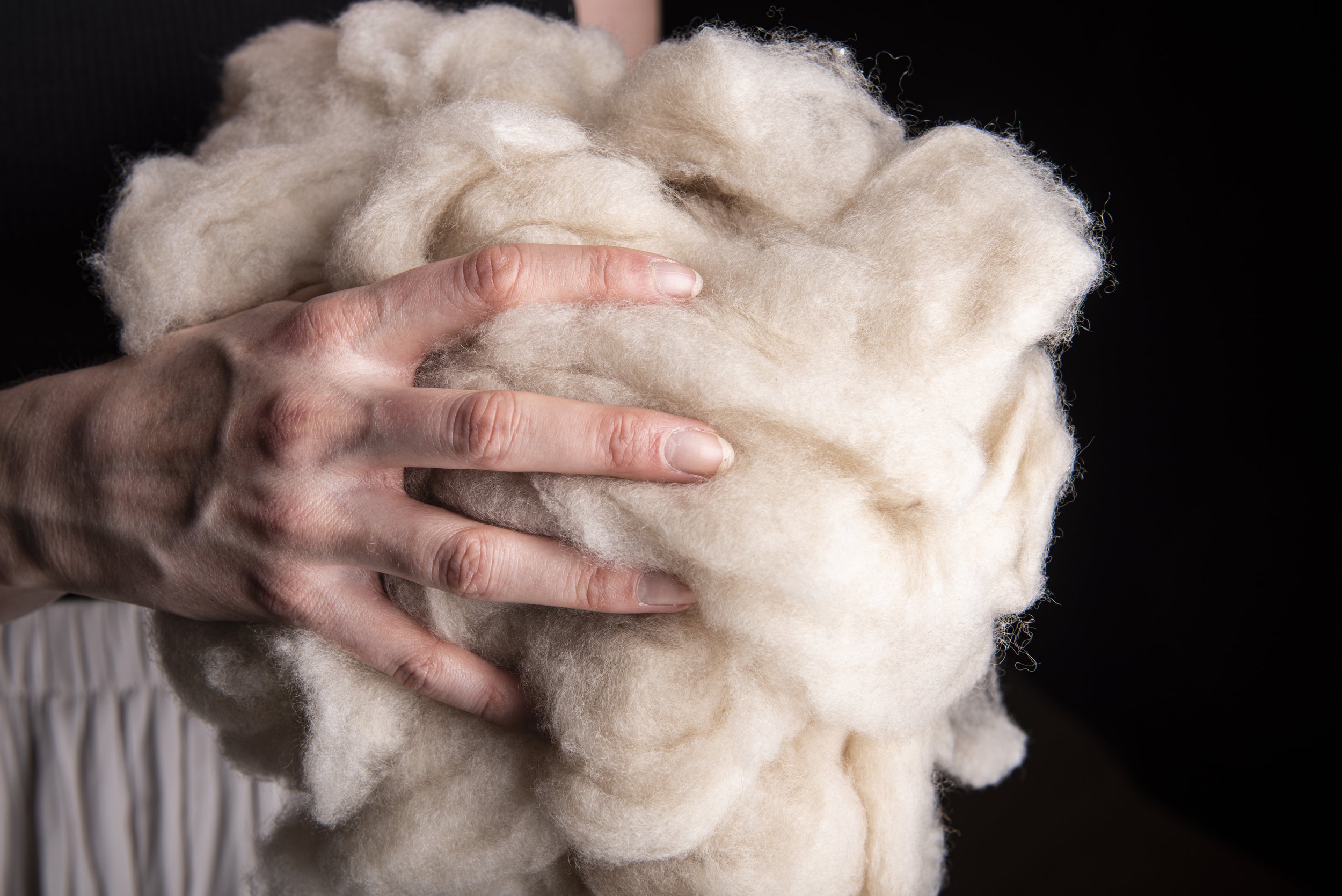How is cashmere Fibre Made and Why Is It So Desired?
How is cashmere Fibre Made and Why Is It So Desired?
Blog Article
Comprehending the Various Types of Cashmere a Natural Fiber and Their Unique Benefits

The Origins of Cashmere: A Historic Introduction
While the lavish touch of cashmere proceeds to beauty modern-day consumers, its origins trace back to the harsh, chilly environments of Mongolia and the Mountain ranges. For centuries, the indigenous individuals of these areas have been raising Capra Hircus goats, the prime source of cashmere woollen. These goats, resilient against the severe winters, expanded a great undercoat to survive, which later on became understood as cashmere.

The Production Process: From Goat to Garment
Shearing a Capra Hircus goat marks the beginning of the complex cashmere manufacturing procedure. This fragile treatment normally takes place yearly during spring. The penalty, soft undercoat is then divided from the coarser external hair, a procedure referred to as dehairing. The resultant raw cashmere is then cleaned to get rid of pollutants such as grease, veggie, and dust issue.
The clean fiber goes through dyeing, rotating, and weaving, or knitting, to transform it right into a fabric. Complex procedures such as top quality control checks and completing processes adhere to, ensuring completion product preserves the extravagant criterion anticipated of cashmere. This meticulous process, from goat to garment, warrants the high price affixed to cashmere items, making them a sign of high-end and refinement.
The Various Kinds of Cashmere: A Thorough Evaluation

The Special Advantages of Cashmere: Convenience and Sustainability
Relocating from the range of cashmere types to the advantages they provide, comfort and sustainability stand apart prominently. Cashmere, an all-natural fiber, is renowned for its unequaled gentleness, giving a level of convenience that artificial fibers can not match. The material's agility, yet remarkable heat retention, makes it perfect for all seasons. In addition, cashmere's all-natural flexibility permits it to return to its initial form, making it immune to shrinking or stretching.
When it comes to sustainability, cashmere is eco-friendly and eco-friendly, as it's harvested from cashmere goats who regrow their layers annually. what is cashmere. Unlike synthetic fibers which can take hundreds of years to break down, cashmere's influence on the environment is minimal. This combination of convenience and sustainability makes cashmere a useful option for mindful consumers

Caring for Your Cashmere: Maintenance and Conservation Tips
While cashmere is most certainly a sustainable and luxurious choice, it requires certain care to keep its quality and prolong its lifespan. To begin, cashmere ought to be hand cleaned making use of cool water and a light cleaning agent. Prevent wringing the garment or twisting as it can harm the fibers. Rather, gently eject excess water and lay it flat on a towel to dry. Cashmere things should be saved in a dry have a peek at these guys and amazing place, away from direct sunlight and wetness. Making use of moth repellents can shield these garments from possible damages. It's suggested to avoid hanging cashmere to prevent stretching. Instead, fold and store them appropriately to maintain their shape and quality over time.
Purchasing Cashmere: Comprehending Its Value and Well Worth
Although cashmere may at first seem like a pricey financial investment, its long-term worth and worth ended up being evident when you consider its exceptional high qualities. Understood for its exceptional softness and warmth, cashmere is a costs natural fiber that outshines other products. Its high demand and restricted supply add to its high cost, but its toughness guarantees check these guys out it lasts for years, providing excellent value for money. Cashmere items are classic, typically coming to be heirlooms gave with generations. what is cashmere. Its natural protecting properties supply heat without the mass of artificial fibers. Investing in cashmere, consequently, is not practically current style fads, however regarding accepting a sustainable, durable, and luxurious lifestyle.
Final Thought
In recap, the kind of cashmere one chooses, be it Mongolian, Chinese, or Italian, is dictated by individual preferences for warmth, deluxe, spending plan, and sustainability. Recognizing the origins, production process, and special advantages of different kinds of cashmere can lead customers in their investment in this extravagant all-natural fiber.
Whether it's the outstanding heat of Mongolian cashmere, the affordability of Chinese cashmere, or the eco-conscious production of Italian cashmere, there's a story to be uncovered behind each fiber kind. Cashmere, an all-natural fiber, is renowned for its unparalleled gentleness, offering a level of comfort that artificial fibers can't match.When it comes to sustainability, cashmere is naturally degradable and sustainable, as it's gathered from read review cashmere goats that regrow their layers each year. Known for its unrivaled softness and heat, cashmere is a premium all-natural fiber that outperforms various other products. Comprehending the beginnings, manufacturing process, and one-of-a-kind advantages of various types of cashmere can assist customers in their investment in this glamorous natural fiber.
Report this page